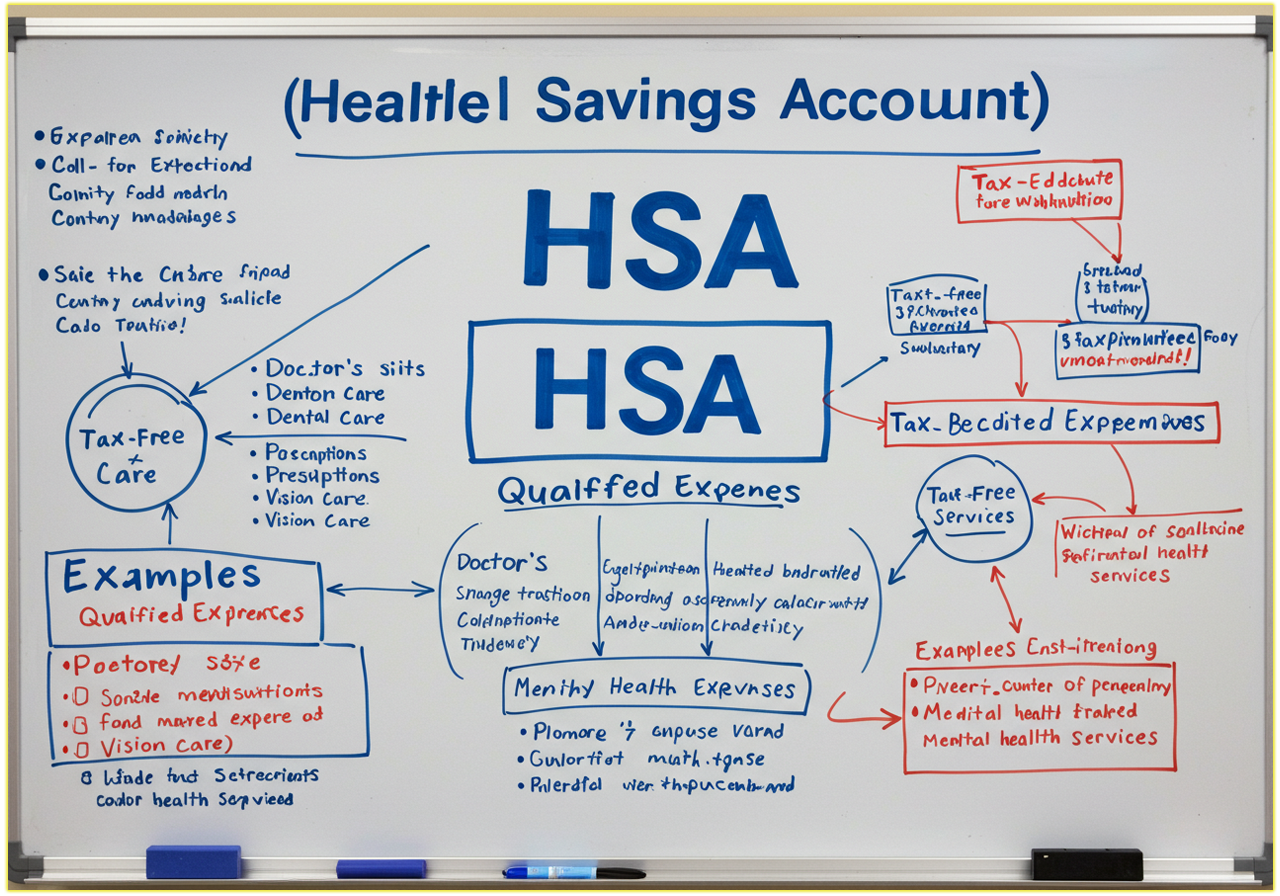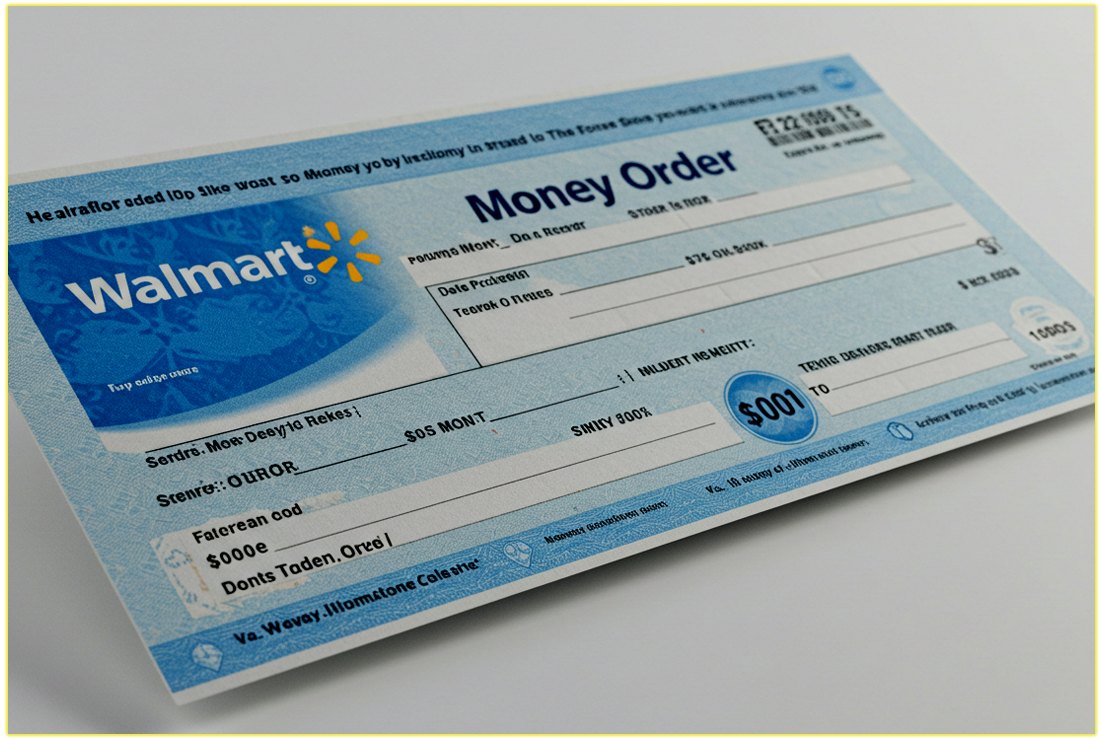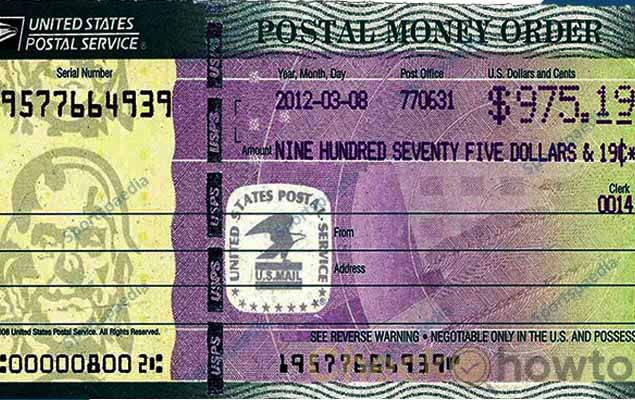Are you in the market for a shiny new set of wheels? Buying a new car is an exciting venture but can also be fraught with potential mistakes. With so many options available and a significant financial investment at stake, navigating the process with care is essential.
There are some Mistakes you need to Avoid When Buying a New Car, and doing your homework ahead of time can prevent you from making these mistakes, which could cost you a lot of money. We have identified some mistakes many people make when buying a new car.
We’ll cover everything from overlooking important features to falling for sales tactics. By the time you finish reading, you’ll be armed with the knowledge you need to make an intelligent, informed decision on your next vehicle purchase.
So buckle up and join us as we explore the top mistakes to avoid when buying a new car. Whether you’re a first-time buyer or a seasoned pro, there’s always something new to learn about car shopping. By heeding our advice, you’ll save yourself time, money, and headaches down the road.
Mistakes You Need to Avoid When Purchasing a New Car
Acquiring a new car is a big decision. Hence, it would be best to avoid these mistakes so as not to regret them.
1. Buying A Car Under Pressure Or In Rush
Suppose you are interested in buying a new car. In that case, you do not have to purchase the vehicle under any pressure or rush to get a car because, in the future, you will take all the financial responsibility for the car.
There are many cars everywhere, so there is no need to rush into buying a car or the first one you see. So take your time, research, visit several dealerships, and be ready to walk away.
You may also end up with a vehicle you do not like, paid too much for, or that does not match your lifestyle and needs.
2. Not Researching For Cars and Prices Ahead Of Time
You should research what kind of car you want to buy or what kind of special features you want. It would be best if you also researched all the different types of vehicles available and their prices.
Know what kind of car will suit you best and what will work with your budget to ensure you do not enter into a huge debt you can not afford.
This will ensure you will not get confused and purchase the wrong vehicle when entering the showroom. So, you should research your budget-friendly cars comprehensively and know your needs.
3. Buying a Car at The First Dealership You Visit
You do not shop for a car at only one dealership and do not buy a car at the first dealership you visit. After researching the car that suits your needs and wallet, you must visit several dealerships.
If you fall in love with the first car you see, you must resist the urge to purchase it without shopping around at other dealerships.
You must compare vehicles at a minimum of three dealers. This will help you negotiate with confidence when the time comes for you to make your final decision. So, let your first visit to a dealership be a trip to look at and test drive the car(s).
Inform the dealer that you are not buying today and are in the research stage. Compile the information you need from your visit and move on to the next dealer on your list.
4. Not Checking the State of Your Credit Score Before Applying For An Auto Loan
Some people need to take out an auto loan to purchase a car. But before you apply for an auto loan, you must check your credit score. If it is not in a good state, you could be stuck with a higher interest rate, making the loan more expensive.
So, if you do not need a new car and your credit score is not in great shape, it is better to hold off on buying the car and work on raising it.
5. Not Searching for Your Financing Options
When financing your car through a dealership, the interest rates are usually much more costly than financing it with a credit union or other bank. And you could be cajoled into signing a favourable agreement with the dealership and not you.
For instance, you could pay more interest than you need to. But if a dealership’s loan is favourable, you can choose it, but it is great to have other financing options.
6. Not Remembering That A More Expensive Car Could Mean Costlier Auto Insurance
When you spend more money on a car, it might cost to insure it. So, before you stretch your budget to purchase the vehicle you are considering buying.
So, research to see what your auto insurance premiums might be if you owned the car. If the premiums are too high to fit into your budget, you may have to consider other car options.
7. Falling In Love With a Particular Model
Yeah, we indeed have a favourite car we love to have. However, sticking to one specific model can be risky. The salesperson may notice your enthusiasm and determination to get that particular model and, therefore, be less flexible on the price.
After all, they know you will probably buy it anyway. Also, you will not be open-minded to other models that may be less expensive and better for your needs.
8. Not Negotiating Prices Enough
Be aware that the number on the car window sticker is not the final price. It is the Manufacturer’s Suggested Retail Price, emphasizing “Suggested.” You do not have to use that price as your starting point, or you will end up overpaying.
Instead, pay attention to the second, lower price the dealer calls “dealer invoice.” This is what the dealer pays the manufacturer for the car.
The best way to negotiate is to contact dealers for a free price quote. This will show you which dealer is more flexible on pricing and which is more willing to discount their prices to sell the car.
Also, before going to the dealership, ensure you research and find out their cost. And when you have all the information you need, you can start your price negotiations from a stronger position.
9. Not Test Driving the Car
Buying a vehicle, you are not comfortable in, or a car you do not enjoy is one of the biggest car shopping mistakes you can make. So when you find a vehicle that seems to check all the right boxes for you, you must test drive it.
Just as you would not buy a home without seeing it in person, you should not buy a car until you have had the opportunity to test drive it.
You must test drive the car you want to buy. This will ensure you are comfortable with the car and its features.
You need to feel confident owning that car and be sure it is free of defects. Also, find out what the car does and does not have and whether it fits your needs.
Test driving the car is the best way to know if it meets your needs. But if you skip the test drive, you could end up with a vehicle whose features are confusing or just not as comfortable to navigate as expected.
10. Concentrating More On The Deal Than The Car
Dealerships have deals every season, so they try to entice you to buy with “limited-time offer” deals, special financing, and rebates.
You will find appealing offers everywhere but do not dwell on the deal. Instead, please focus on the car you need and its reliability.
You can always negotiate even when there is a deal because the manufacturer offers special financing and rebates, not the dealer. Limited-time offers are created to urge you to buy before you consider the deal’s fairness.
The idea that these offers will expire and you will miss out on a massive deal if you do not purchase the car now is invalid.
You should take your time and know that these offers will still be available when you are prepared to buy.
11. Selecting a Car That Does Not Meet Your Needs
The car you drive is often seen as an extension of who you are. It is tempting to choose a car based on its appearance or the status it conveys. These aspects are essential, but ensuring the vehicle you want to buy meets your needs is more important.
Buying a gas-guzzling muscle car would not be the best option if you travel for work. Also, if you plan to start a family, that two-seat sports car will not be a great choice.
So, as you shop for your vehicle, pay attention to what catches your eye now. But also think about how it will fit your life in the future.


